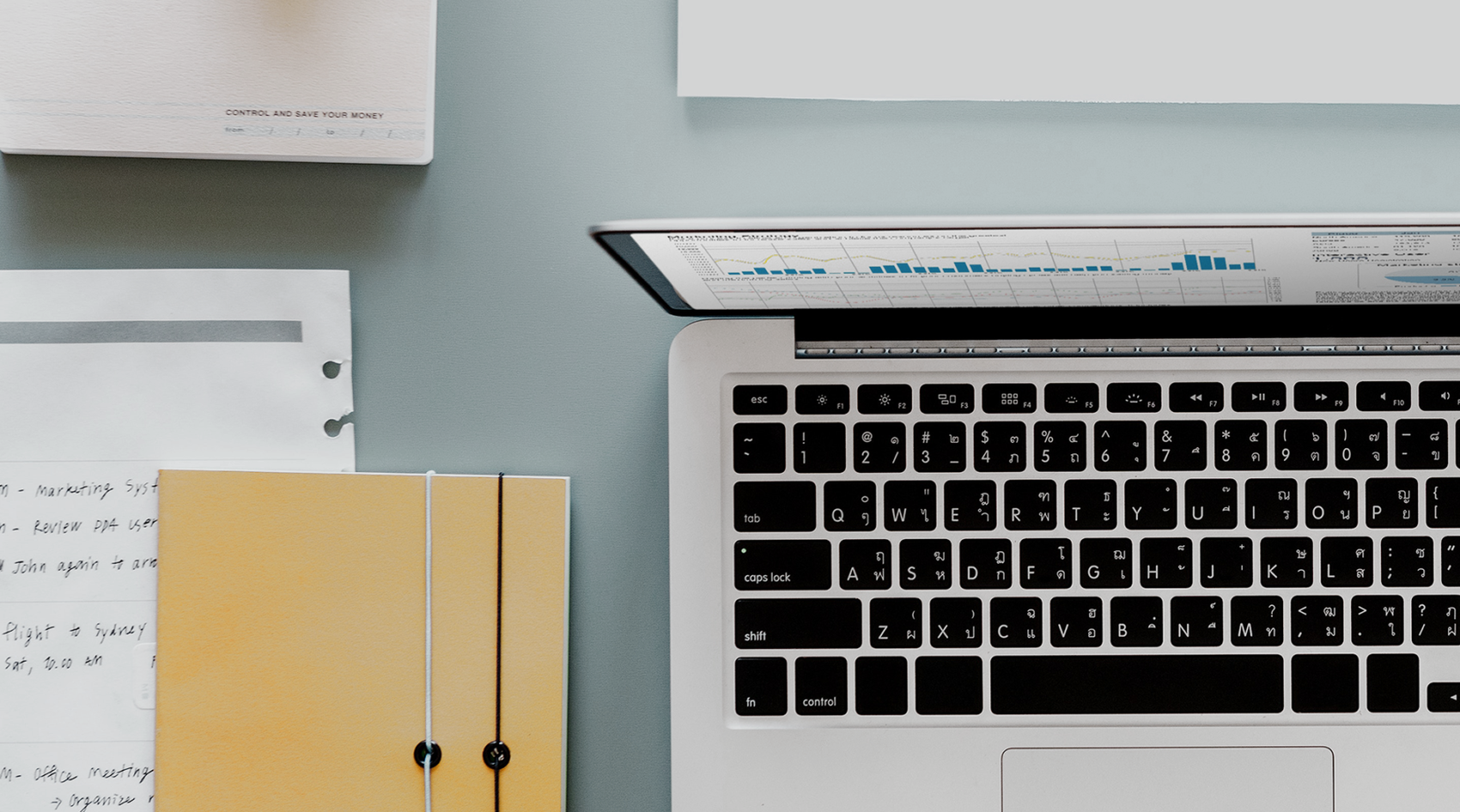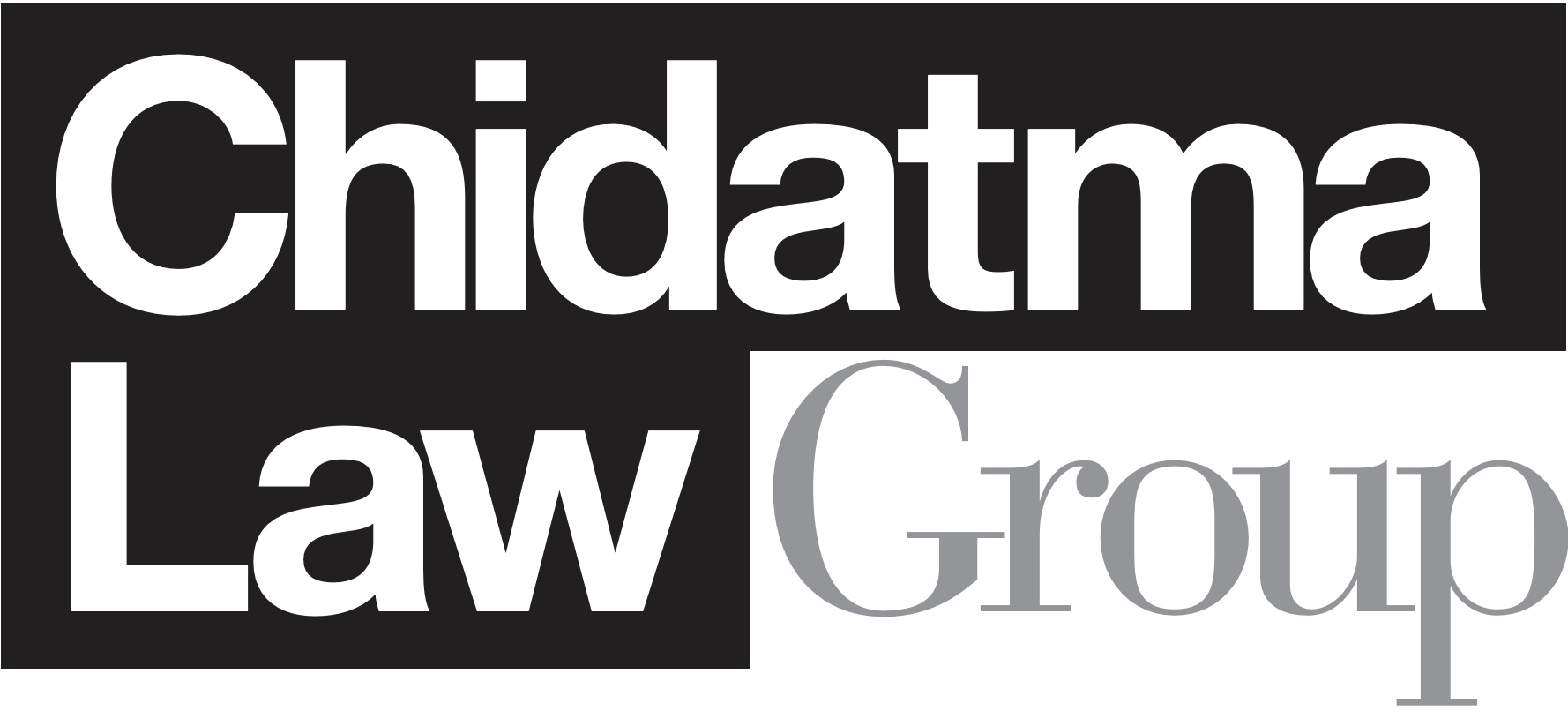
Dated: New York, New York
March 31, 2020
Coronavirus (COVID-19): Financial Help for Small Businesses
The Federal Coronavirus Aid, Relief, and Economic Security (CARES) Act was just enacted, to help business owners with pressing financial needs. There will be new resources available for small businesses, as well as certain non–profits and other employers. The Federal Small Business Administration (SBA) will help with these needs.
Currently, the SBA 7(a) Loan Guarantee program is one of the most popular loan programs offered by the agency and is the basic SBA loan program. A 7(a) loan-guarantee is provided to lenders to make them more willing to lend money to small businesses with weaknesses in their loan applications.
The new CARES Act programs (described below) supplement the existing SBA loan programs.
Several state/local programs are also described below.
Significant New SBA Programs
New programs include:
Paycheck Protection Program: Capital to cover the cost of retaining employees
Emergency Economic Injury Grant: A quick infusion of a smaller amount of cash to cover you right now
Small Business Debt Relief Program: To ease your fears about keeping up with payments on your current or potential SBA loan
Paycheck Protection Program (PPP) Loans
The program provides cash-flow assistance through 100% federally-guaranteed loans to employers who maintain their payroll during this COVID-19 emergency. If employers maintain their payroll, the loans would be forgiven, which would help workers remain employed, as well as help affected small businesses and our economy snap-back quicker after the crisis. PPP has a host of attractive features, such as:
- forgiveness of up to 8 weeks of payroll based on employee retention and salary levels
- no SBA fees
- at least six months of deferral with maximum deferrals of up to a year
Small businesses and other eligible entities will be able to apply if they were harmed by COVID-19 between February 15, 2020 and June 30, 2020. This program would be retroactive to February 15, 2020, in order to help bring workers who may have already been laid off back onto payrolls. Loans are available through June 30, 2020.
Also eligible for PPP loans are individuals who operate a sole proprietorship or as an independent contractor, and other self-employed individuals.
Maximum loan amounts are 250% of your average monthly payroll costs during a designated time period (depending on when you were in business, either February 15 to June 30, 2019, or between January 1 to February 29, 2020).
Eligible payroll costs include:
Compensation (salary, wage, commission, or similar compensation, payment of cash tip or equivalent)
Payment for vacation, parental, family, medical, or sick leave
Allowance for dismissal or separation
Payment required for the provisions of group health care benefits, including insurance premiums
Payment of any retirement benefit
Payment of State or local tax assessed on the compensation of employees
Employee/owner compensation over $100,000 is not eligible.
For any loan amounts not forgiven, the maximum term is 10 years, the maximum interest rate is 4%, zero loan fees, zero prepayment fee (SBA will establish application fees caps for lenders who charge).
To apply: All current SBA 7(a) lenders are eligible lenders for PPP.
Small Business Debt Relief Program
This program will provide immediate relief to small businesses with non-disaster SBA loans, in particular 7(a), 504, and microloans. Under it, SBA will cover all loan payments on these SBA loans, including principal, interest, and fees, for 6 months. This relief will also be available to new borrowers who take out loans within 6 months after the President signs the bill into law.
7(a) loans are an affordable loan product of up to $5 million for borrowers who lack credit elsewhere and need access to versatile financing, providing short-term or long-term working capital and to purchase an existing business, refinance current business debt, or purchase furniture, fixtures and supplies. In the program, banks share a portion of the risk of the loan with SBA. There are many different types of 7(a) loans; visit this site to find the one that’s best for you. You apply for a 7(a) loan with a bank or a mission-based lender.
The 504 Loan Program provides loans of up to $5.5 million to approved small businesses with long-term, fixed-rate financing used to acquire fixed assets for expansion or modernization. It is a good option if you need to purchase real estate, buildings, and machinery. You apply through a Certified Development Company, which is a nonprofit corporation that promotes economic development.
The Microloan Program provides loans up to $50,000 to help small businesses and certain not-for-profit childcare centers to start up and expand. The average microloan is about $13,000. These loans are delivered through mission-based lenders who are also able to provide business counseling.
The SBA has a free referral service tool called Lender Match to help find a lender near you [note: weblink not available at time of writing]
Economic Injury Disaster Loans & Emergency Economic Injury Grants
These grants provide an emergency advance of up to $10,000 to small businesses and private non-profits harmed by COVID-19 within three days of applying for an SBA Economic Injury Disaster Loan (EIDL). To access the advance, you first apply for an EIDL and then request the advance. The advance does not need to be repaid under any circumstance, and may be used to keep employees on payroll, to pay for sick leave, meet increased production costs due to supply chain disruptions, or pay business obligations, including debts, rent and mortgage payments.
Businesses in all 50 states, DC and the territories are eligible to apply. All those areas have been declared “Disasters”.
EIDLs are lower interest loans of up to $2 million, with principal and interest deferment at the Administrator’s discretion, and are available to pay for expenses that could have been met had the disaster not occurred (including payroll and other operating expenses). Interest rates are 3.75% for small businesses and 2.75% for nonprofits, with repayment terms of up to 30 years.
Eligible borrowers include the following with 500 or fewer employees:
- Sole proprietorships, with or without employees
- Independent contractors
- Cooperatives and employee-owned businesses
- Tribal small businesses
- Small business concerns and small agricultural cooperatives that meet the applicable size standard
- most private non-profits of any size
To apply: In light of the Coronavirus pandemic crisis, the SBA streamlined the application. Use this link here to apply online.
State Financial Assistance Programs
In addition to Federal programs, below are other available State and city programs.
|
Jurisdiction
|
Progam
|
to apply/more information |
|
New York City |
Small Business Continuity Loan Fund for businesses with fewer than 100 employees who have seen sales decreases of 25% or more will be eligible for zero interest loans of up to $75,000 to help retain employees and ensure business continuity. |
|
|
New York City |
Employee Retention Grant Program small businesses with fewer than 5 employees a grant to cover 40% of payroll costs for two months to help retain employees. Grants are capped at $27,500 |
|
|
New Jersey |
SBA Coronavirus Relief Loans Coordinated with SBA loans described elsewhere. The SBA is allowing small businesses statewide to apply for disaster relief loans of up to $2 million with interest rates at 2.75% for nonprofits and 3.75% for small businesses. Repayment can extend up to 30 years |
|
|
Connecticut |
Connecticut Bridge Loans Program Connecticut is making one-year bridge loans up to $75,000 with 0% interest to businesses with 100 or fewer employees that have been harmed by COVID-19 and can demonstrate they were profitable prior to the outbreak. Businesses involved with real estate, multi-level marketing, adult entertainment, cannabis, and firearms are ineligible. |
Is Your Business Affected by COVID-19? We Can Help
If your business suffers due to Coronavirus’s devastating impacts, don’t delay. Relentless demands, late deliveries, missed payments, and non-performance present overwhelming and confusing issues. Trust the experienced, caring professionals at Chidatma Law Group. Conveniently located indowntown New York City, your experienced business lawyer, Dwight Yellen, will make you our priority and put your mind at ease. We are seasoned professionals and know business! We will answer your questions, evaluate your circumstances, and discuss your options. Call us right away (212-903-4546), or contact us confidentially online.

